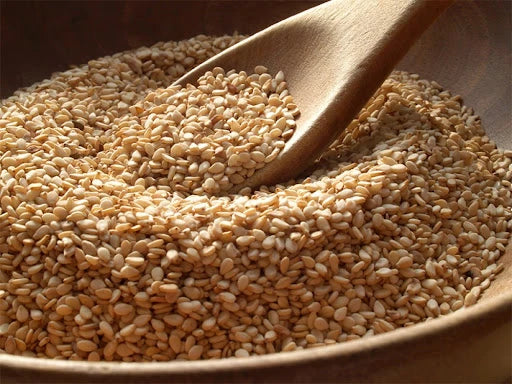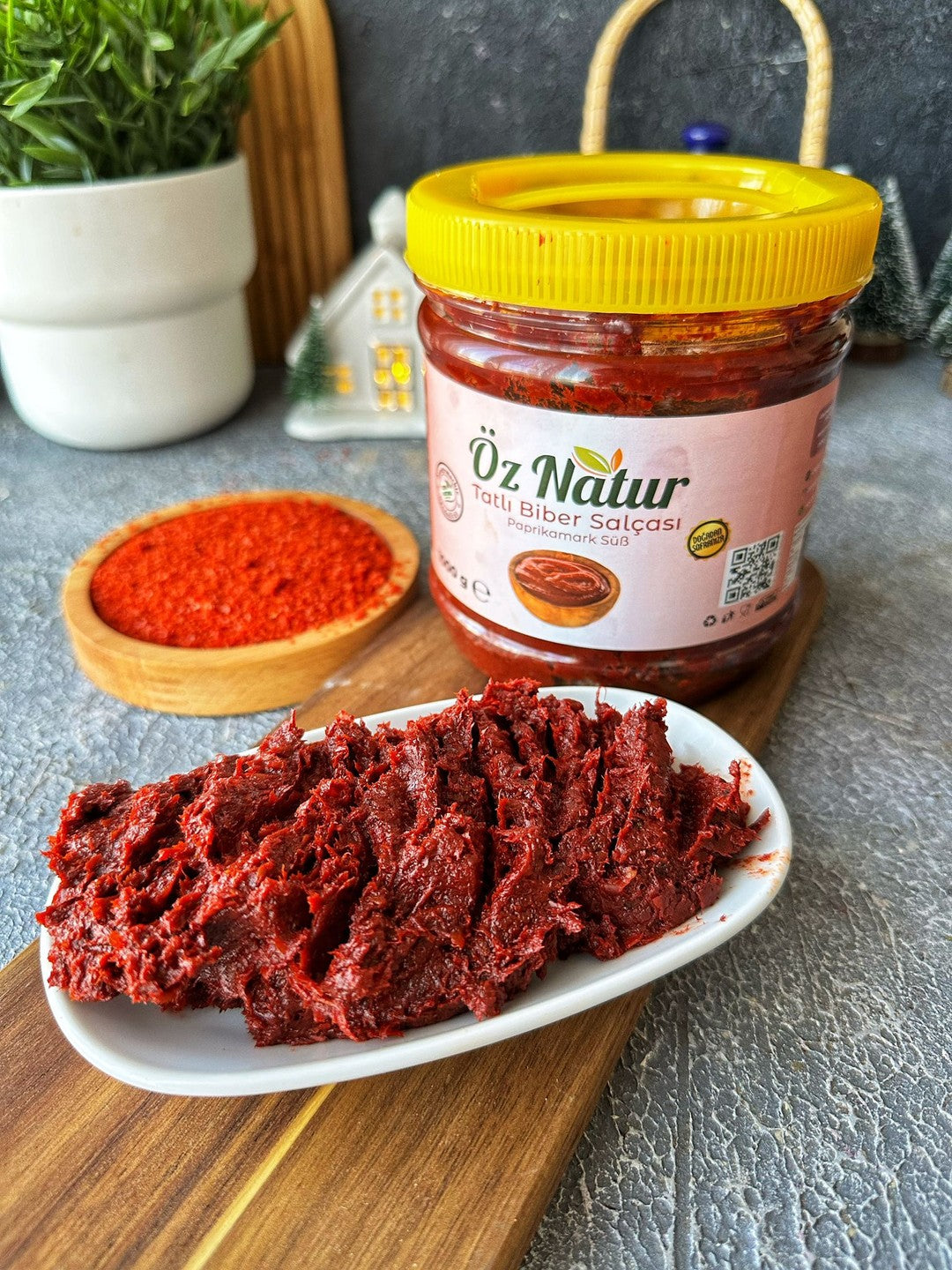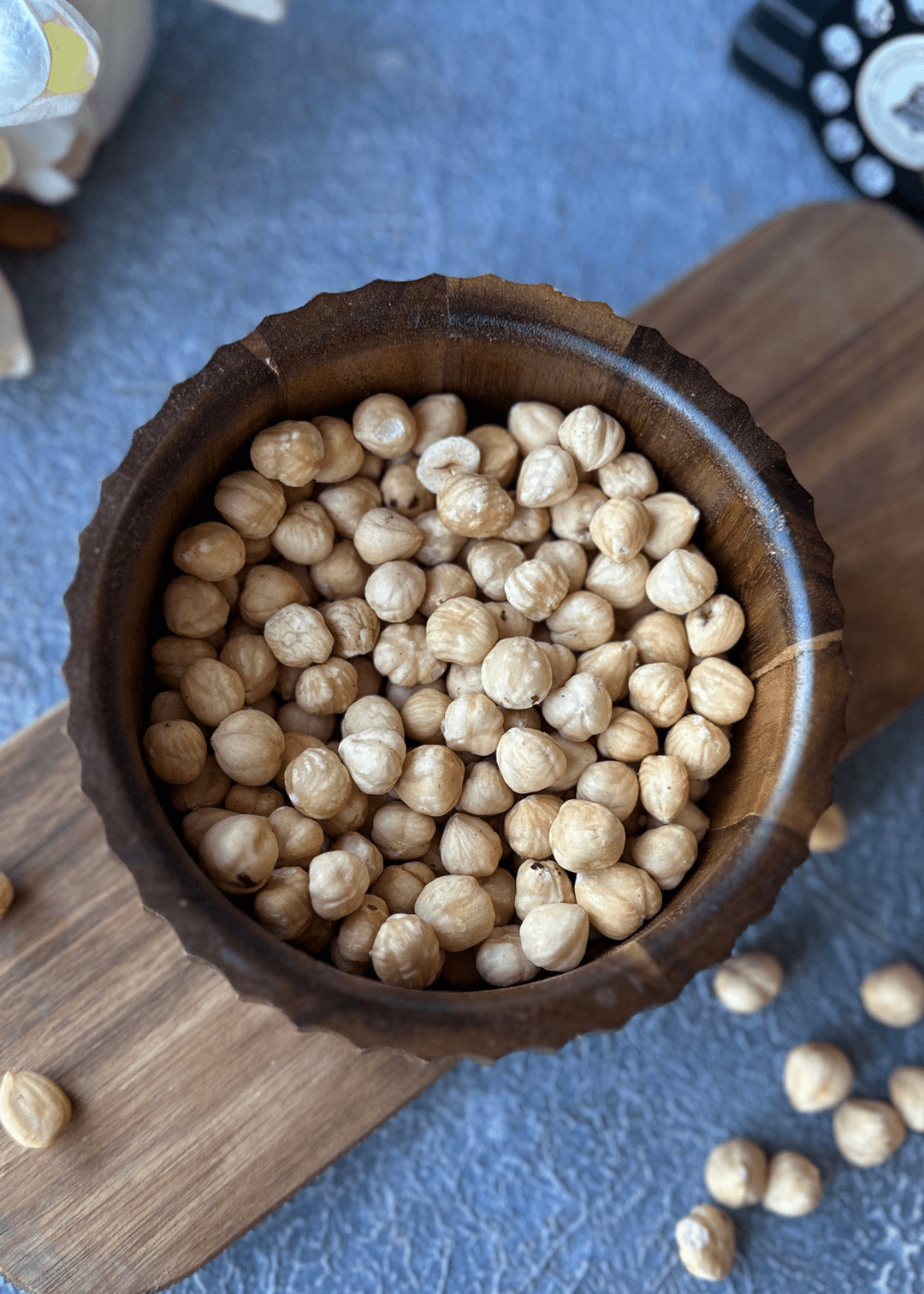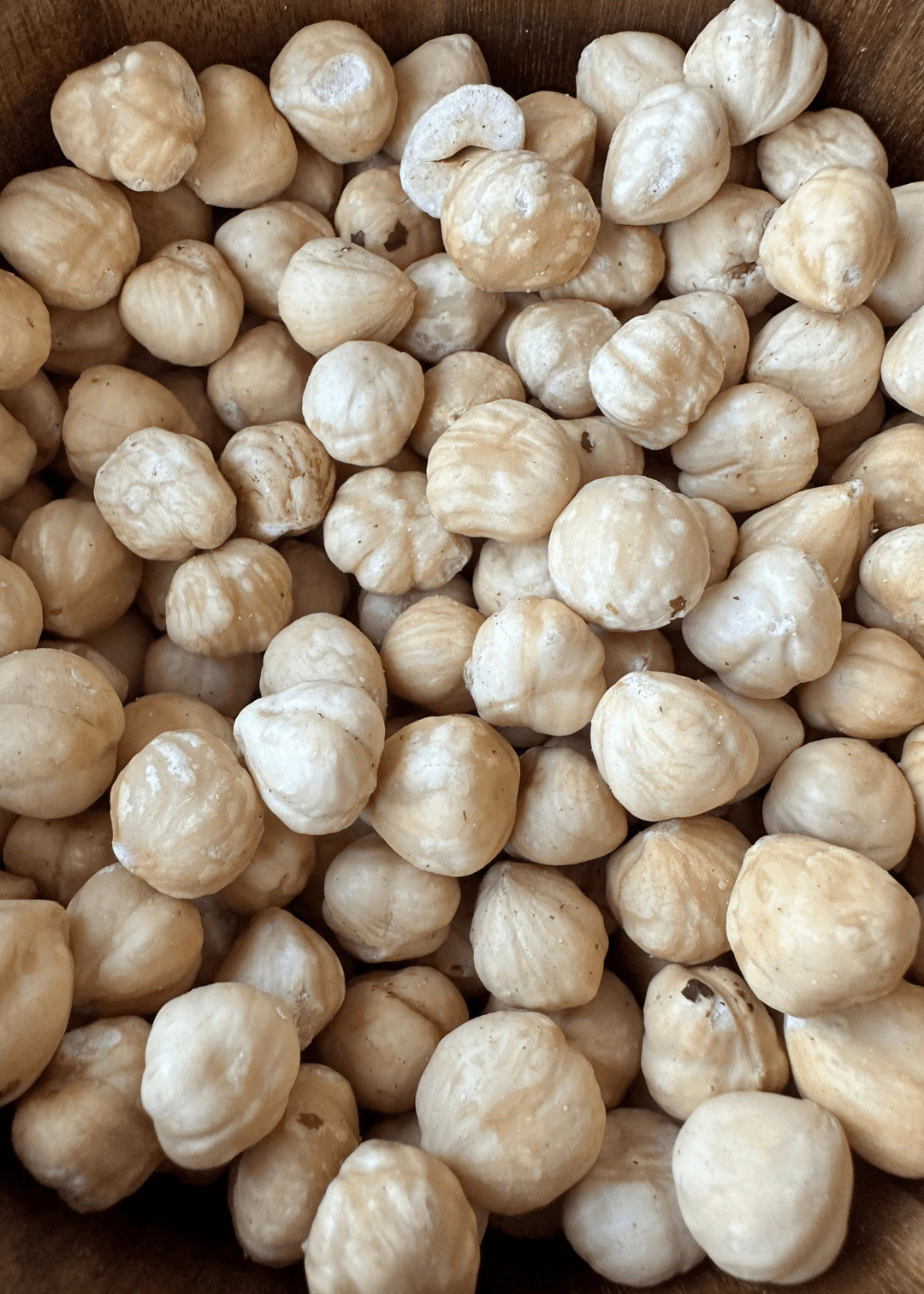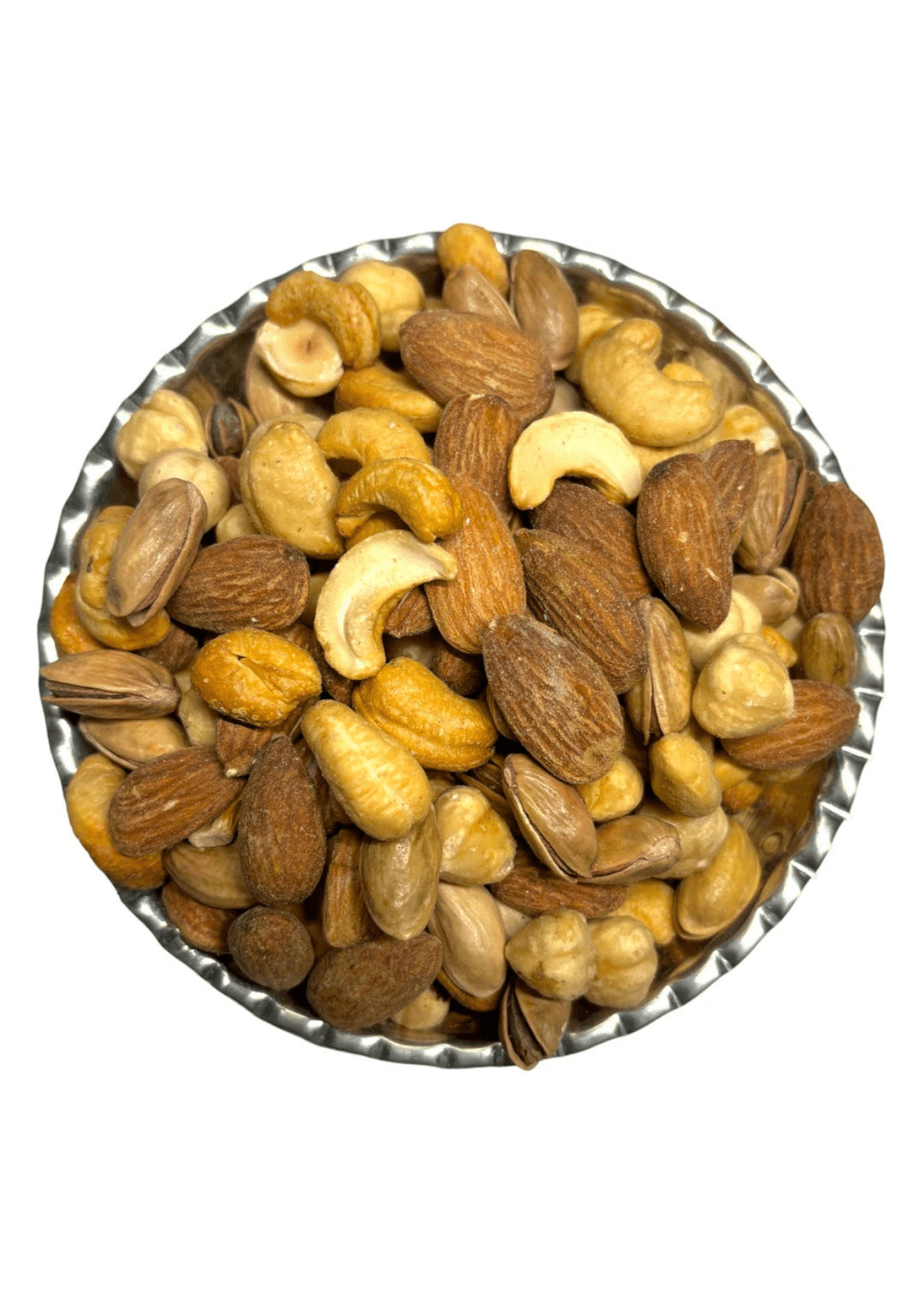Sesame is one of the oldest known oilseeds and has been valued in many cultures for centuries. With its nutty flavor and crunchy texture, sesame is a versatile ingredient used in both sweet and savory recipes. It is widely appreciated in cuisines around the world and continues to be a staple in modern kitchens.
What Nutritional Values Does Sesame Contain?
Sesame seeds contain a balanced mix of plant-based fats, proteins, fiber, vitamins, and minerals. Among the most notable nutrients are B vitamins, vitamin E, and minerals such as iron, magnesium, calcium, and zinc. These components make sesame a valuable addition to a wide variety of meals. Its high fat content gives it an energy-rich profile, while its nutty flavor enhances many dishes.
How Much Sesame Can Be Consumed Daily?
The amount of sesame consumed daily can vary depending on dietary habits and individual preferences. A common serving is around one tablespoon per day, either on its own, sprinkled over food, or as part of recipes. Since sesame seeds are naturally high in fat, they are best enjoyed in balanced portions as part of a varied diet.
What Dishes Can Sesame Be Added To?
Sesame seeds are widely used across different cuisines. At breakfast, they can be added to yogurt, smoothie bowls, or muesli. They make an excellent topping for salads, adding both crunch and aroma. In baking, sesame is often sprinkled on bread, bagels, and pastries for extra flavor. In Asian cuisine, it is commonly used in noodle dishes, stir-fries, and chicken recipes. Sesame is also found in sweet treats such as cookies, bars, and halva, making it a truly versatile kitchen ingredient.


